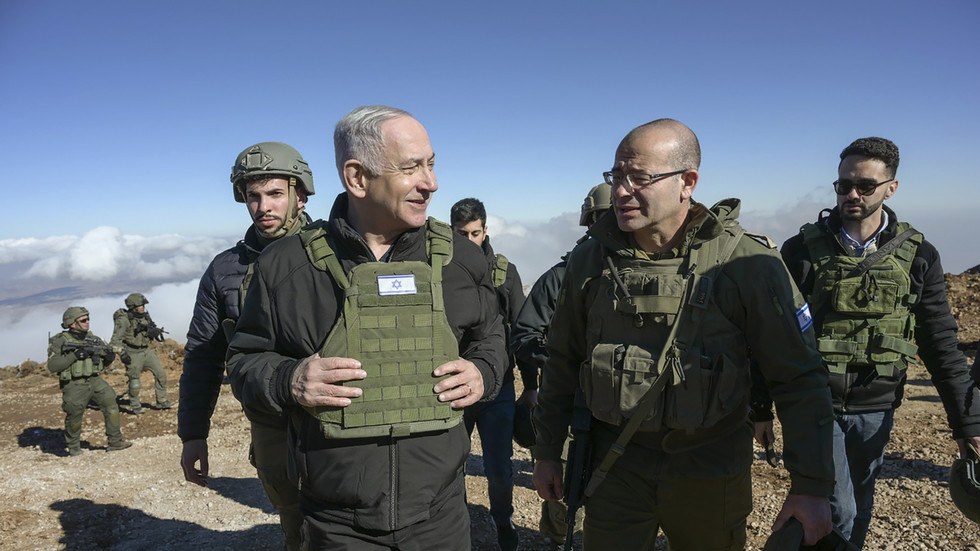Israeli Prime Minister Benjamin Netanyahu’s recent announcement from the summit of Mount Hermon emphasizes Israel’s commitment to maintaining a military presence in a newly seized buffer zone in Syria until a secure arrangement can be made with the Syrian government. Accompanied by key military officials, including Defense Minister Israel Katz and IDF Chief of Staff Lt.-Gen. Herzi Halevi, Netanyahu highlighted the strategic importance of the location. The Israeli forces strategically moved into this area taking advantage of chaos following the destabilization of Bashar Assad’s government. Netanyahu reflected on his personal history with the region, recalling his own service there over five decades ago, while asserting its increasing significance to Israel’s national security.
The Golan Heights, from which Israel operates, were initially seized during the 1967 Six-Day War and were unilaterally annexed by Israel in 1981, a move that remains largely unrecognized internationally, save for the United States which officially recognized Israeli sovereignty over the territory in 2019. Netanyahu’s remarks were framed against a backdrop of historic territorial claims and international law, particularly as the UN and various Arab states have condemned Israel’s military expansion into Syria, emphasizing that occupation remains illegal irrespective of its duration. Russia has also voiced apprehensions about Israel’s actions in Syria, cautioning against potential overreach while advocating for adherence to previous disengagement agreements established in 1974.
The political landscape in Syria has shifted dramatically with the fall of Assad’s government, leading to a power vacuum now largely filled by the insurgent group Hayat Tahrir al-Sham (HTS). While HTS has criticized Israel’s increased military activities in the area, they assert that they are not seeking conflict with Jerusalem, indicating a precarious balance between various factions in a highly volatile region. The Israeli military’s stance, articulated by IDF Chief of Staff Halevi, is one of non-intervention in the Syrian civil war, unless it poses a direct threat to Israeli security from extremist groups that may establish themselves near the border region.
IDF operations are not limited to maintaining a presence in the Golan Heights; Israel has actively targeted various Syrian military assets, including airfields and arms depots, to prevent extremist elements, such as HTS and groups backed by Turkey, from acquiring weaponry that could threaten Israel. This tactical approach highlights Israel’s broader military doctrine focused on preemptive actions against perceived threats, even amidst the complex dynamics of Syria’s fragmented control among various factions.
In Netanyahu’s discourse, the sentiment stresses not only Israel’s immediate national security concerns but also its historical narratives shaped by past conflicts and territorial struggles. By asserting control over the newly acquired Syrian areas, Israel positions itself within a network of power plays, balancing the existing threats from groups like Hezbollah and the shifting allegiances throughout the Middle East in the wake of changes within Syria.
As the situation evolves, the international community watches closely the consequences of Israel’s military strategy and territorial assertions, as they may have wider implications for regional stability. The interplay among various stakeholders, including ongoing concerns from countries like Russia and the responses of local insurgent groups, will ultimately determine the geopolitical landscape in the region, elevating the complexities of negotiation and conflict in the quest for security and sovereignty amidst an ever-changing backdrop of war-torn Syria.

